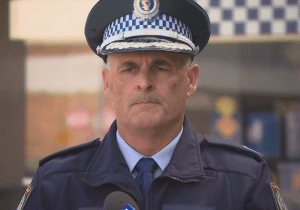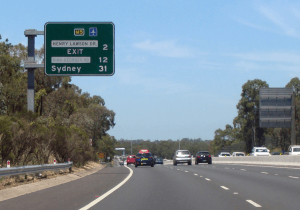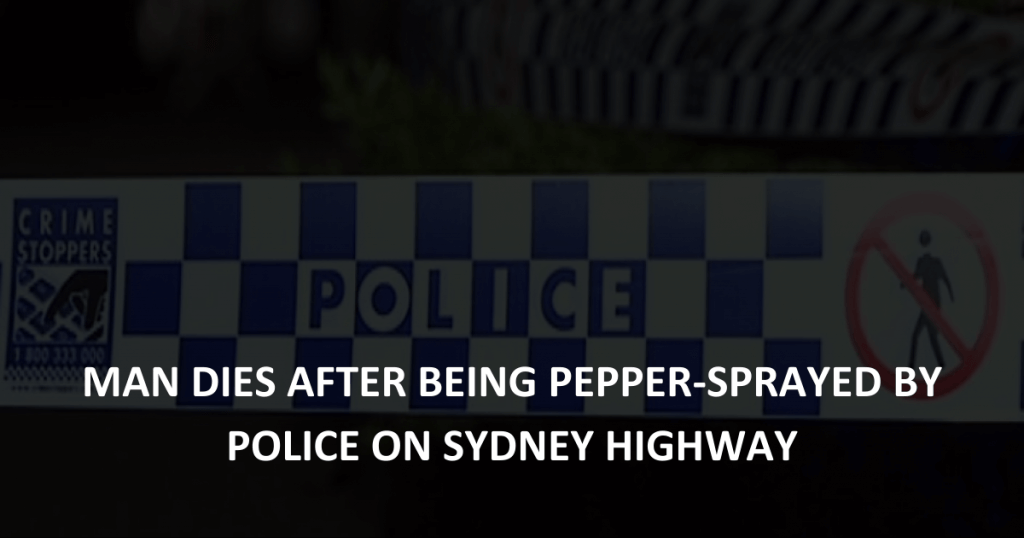A man has died after he was pepper-sprayed by NSW Police during an arrest.
The 41-year-old was walking through traffic on the M5 at Moorebank around 3:30am on Sunday when police approached him.
Man dies after confrontation with police

Assistant Commissioner Stuart Smith said that police arrived at the scene to find the man running in and out of traffic.
“What [police] saw there was quite confronting,” he said.
“Police interacted with the male and he was given directions and he was non-responsive to those.”
Smith said that an officer struggled with the man during an attempted arrest. The officer then deployed OC spray.
A short time later, the man lost consciousness and police called paramedics.
They took the man to Liverpool Hospital, but staff were unable to revive him.
Police duty to use only reasonable force

Under section 231 of the Law Enforcement (Powers & Responsibilities) Act 2005 (NSW), an officer must only use as much force as is reasonable in making the arrest.
The 2019 NSW Police Force Training Manual for Oleoresin Capsicum Defensive Spray (redacted for public consumption) states that police may use the spray for:
- protection of human life,
- a less than lethal option for controlling people, where violent resistance or confrontation occurs (or is likely to occur), or
- protection against animals.
The next eight or so pages of the manual on when and how to use the spray are redacted.
If it is proven that the force used was more than reasonable in the circumstances, then the person affected may be able to seek compensation for battery.
Inquest will take place
Under sections 23 and 27 the Coroners Act 2009 (NSW), a senior coroner must hold an inquest concerning the death of a person if the person died while in the custody of police.
A coronial inquest is where the Coroner considers evidence to determine a range of things that may be unknown after someone has died including:
- The identity of the deceased;
- The date and place of the death,
- The manner of death, and
- The cause of death.
At the inquest, the Coroner may call witnesses to give evidence of their knowledge of the circumstances of the death.
If you or someone you know experiences an encounter with police that leads to injury or death, contact our lawyers today.






